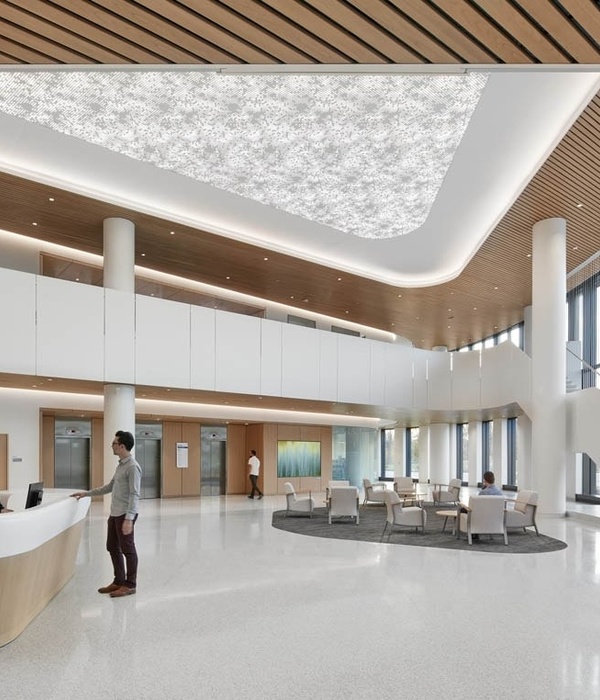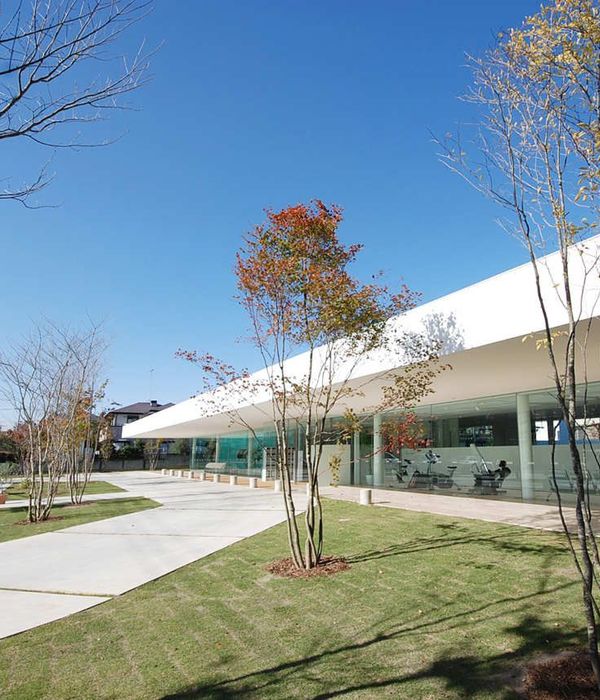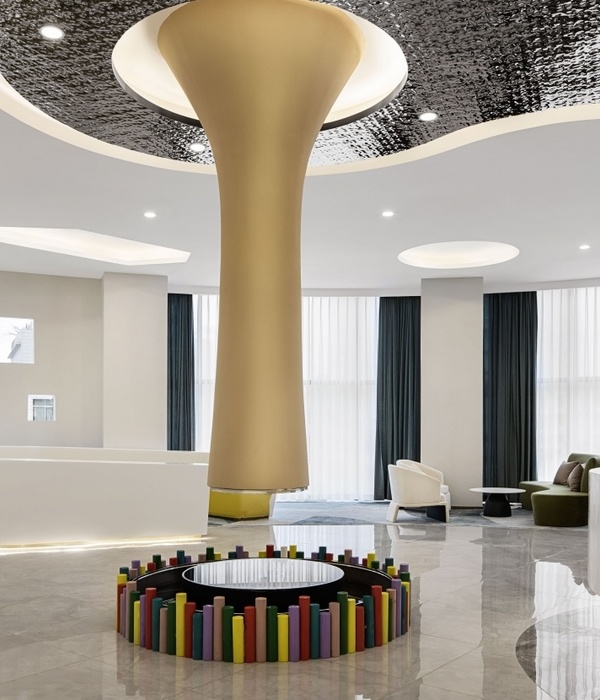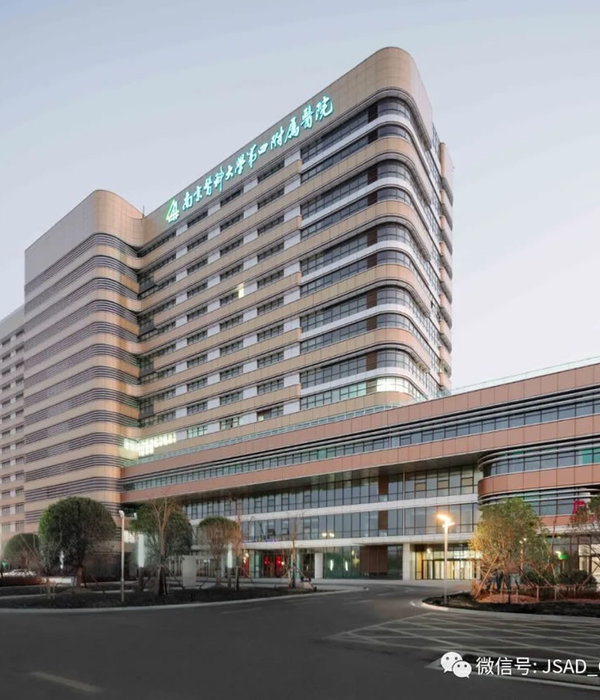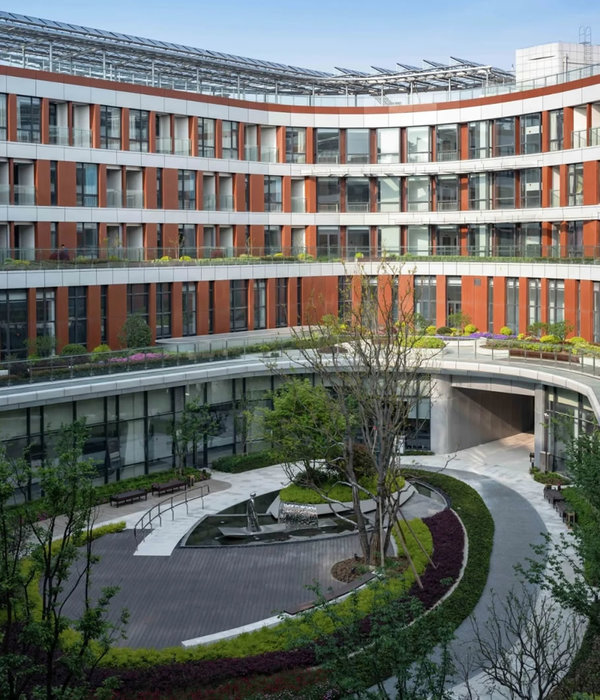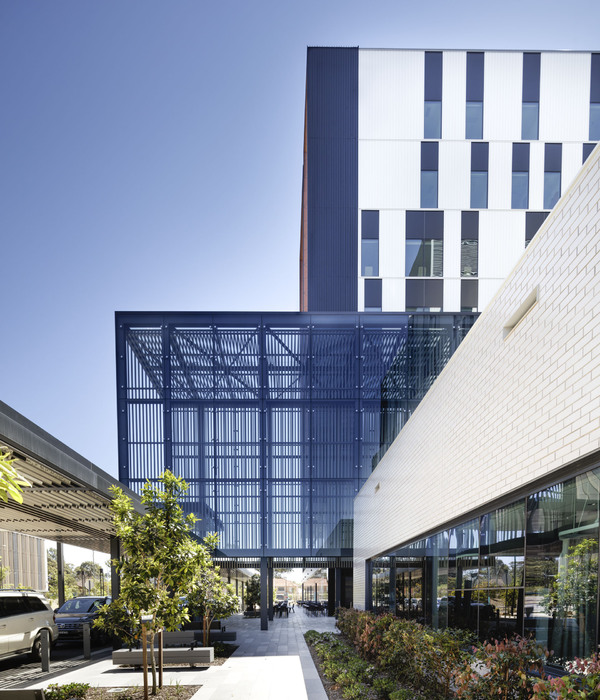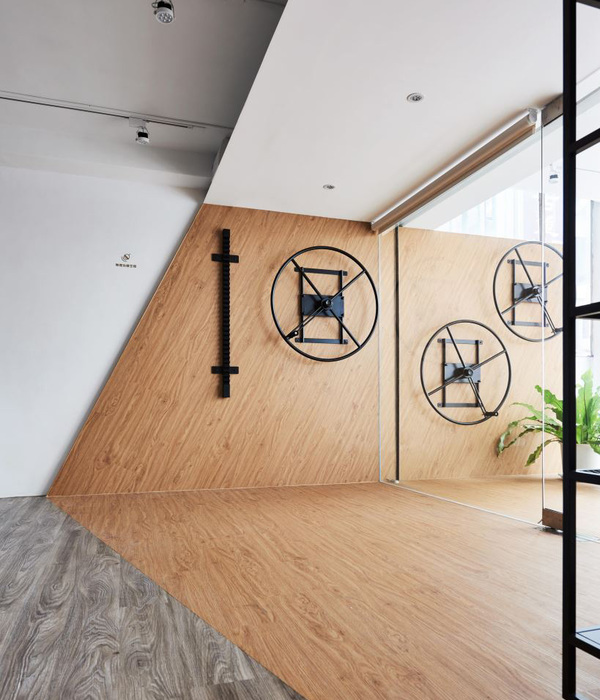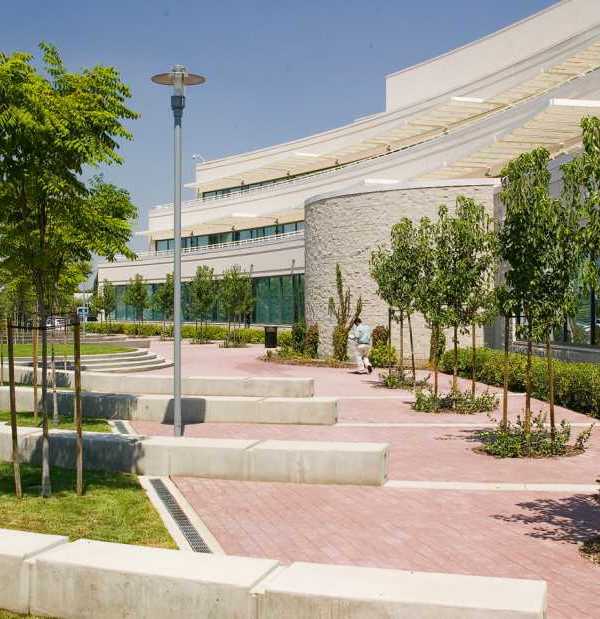Architect:Foster + Partners
Location:Peasedown St John, Bath, UK; | ;View Map
Project Year:2010
Category:Hospitals
Designed by Foster + Partners, Sulis Hospital Bath is a quietly revolutionary building which incorporates biophilic design to enhance wellbeing and improve recovery times for patients. The hospital is set in the picturesque Somerset countryside, on the outskirts of Peasedown St John village.
Originally commissioned by Circle Health Group in 2009, as part of a privately funded initiative, the hospital has been delivering a holistic approach to healthcare for over 12 years. In 2021, it was bought by the Royal United Hospitals Bath NHS Foundation Trust and renamed Sulis Hospital Bath. This acquisition has grown the hospital’s services, increasing capacity at the facility for both NHS and private patients.
Spencer de Grey, Head of Design, Foster + Partners, said: “'Patients come first’ is the central theme of our first hospital, in Bath, and is at the core of all our subsequent work in healthcare.”
Darron Haylock, Partner, Foster + Partners, said: “It has been fantastic to revisit Sulis Hospital Bath - 12 years after it first opened - and see how our design continues to enhance the wellbeing of patients and staff. We are incredibly proud of this project which re-casts the hospital as a humane and civilised place.”
Rory Coonan, former Circle Healthcare Director, said: “The purchase of the Bath hospital by the government for the NHS is a vote of confidence in patient-centred design delivered at a human scale. It shows how Foster + Partners’ architectural innovations have endured, attracting widespread community support. We need more ‘compact’ hospitals like this, delivering care closer to where people live, underpinned with the best clinical resources and technologies.”
The hospital environment is bright and uplifting, with a central double-height entrance atrium, featuring a reception area and public café. The space is flooded with natural light through circular skylights and windows. The café is a destination for local people, who spend time relaxing and socialising in this communal area.
Recovery spaces on the lower level are glazed, as are the operating theatres, and all look out across the green landscape. Bedrooms on the upper floor are oriented to benefit from views across the countryside. Sympathetic landscaping further emphasises the therapeutic natural environment - an overall approach very different from more familiar, institutional hospital surroundings.
Neil Bradbury, Consultant Orthopaedic Surgeon and Specialist Knee Surgeon, Sulis Hospital Bath, said: “I have now worked here for ten years and every day I come here it is an absolute pleasure - because the hospital is designed so well. It is a welcoming and friendly place. It doesn’t have that slightly frightening feel that some hospitals do have. People are less anxious and are more comfortable with the whole process.”
The inherently flexible design has allowed the hospital to meet changing needs and requirements. During the Covid-19 pandemic the internal spaces were reconfigured to shield patients undergoing chemotherapy. Covid safe pathways through the building also helped to reduce the spread of infection.
With a focus on patient experience and comfort, Sulis Hospital Bath provides a blueprint for other hospitals and has informed many of the practice’s global healthcare projects, such as the University of Iowa Children’s Hospital, Maggie’s Manchester, Cleveland Clinic and the Pavilion for the University of Pennsylvania Health System.
Most recently, Foster + Partners has been selected to design the Memorial Sloan Kettering Cancer Center’s New Cancer Care Pavilion in Manhattan. The practice is working closely with MSK and CannonDesign to create a pioneering medical facility that will be at the forefront of innovation and patient care.
Architects: Foster + Partners
Photo Credits: Nigel Young, CircleBath
▼项目更多图片
{{item.text_origin}}

